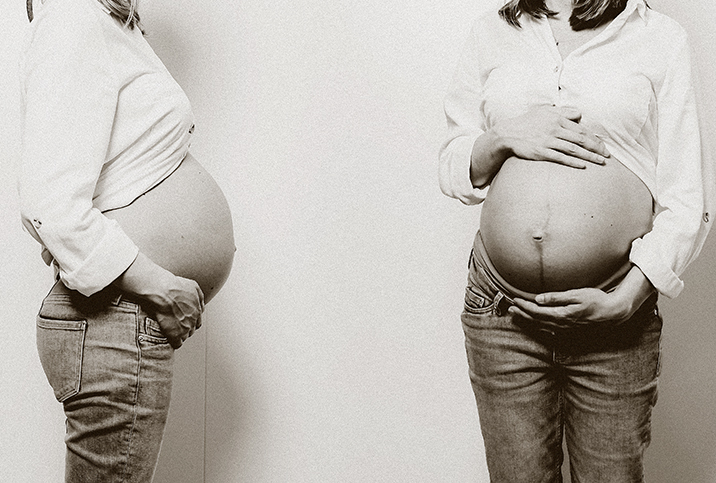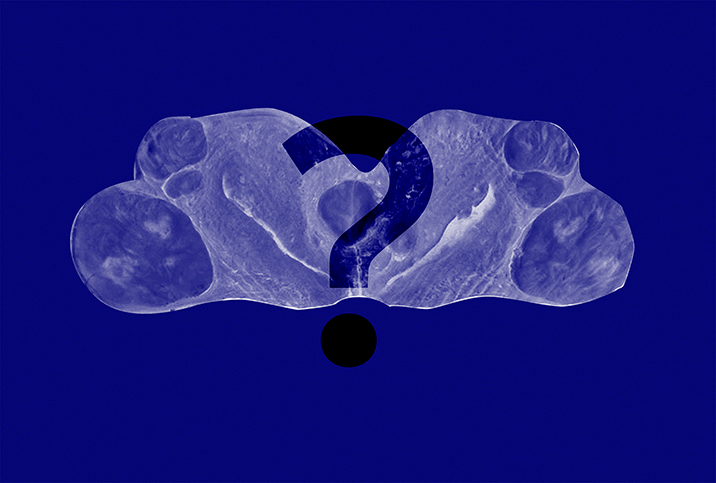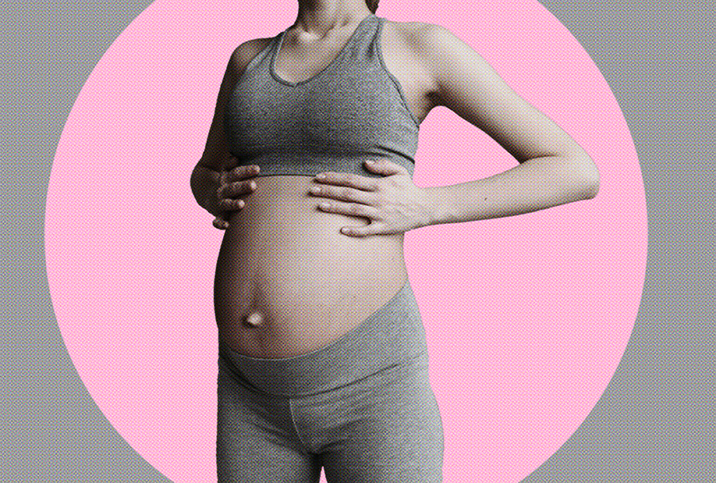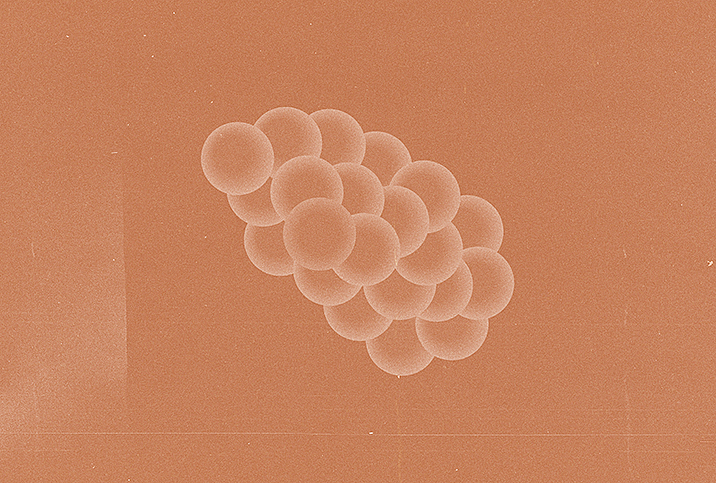What You Should Know About Uterine Fibroids and Pregnancy

Uterine fibroids are generally harmless, but may cause complications during pregnancy and childbirth. Here's what to expect if you're expecting (with fibroids).
How common are fibroids in pregnancy?
If you're pregnant and have fibroids, you're not alone. The prevalence of fibroids during pregnancy is 2 percent for the general population and up to 18 percent in African-American women. As more women choose to delay pregnancy, their rate of uterine fibroids is expected to increase.
Pregnancy is a tenuous time filled with excitement and unknowns. While it can be scary to learn you have fibroids while pregnant, there's a good chance you won't notice any symptoms or require special treatment. Being aware of the potential risks without getting overwhelmed can help you remain informed but not anxious.
Potential pregnancy issues
Fibroids can affect the baby's position in the uterus and the method of delivery. The significance of fibroids during pregnancy is dependent on where they're located and how big they are. If fibroids are close to the placenta, they may reduce the flow of blood and vital nutrients to the baby. It's also possible for fibroids to alter the shape of the uterus or block vaginal delivery.
Fibroid growth typically occurs during the first trimester, after which fibroids may shrink or stay the same. Fibroids can vary in size from a small coin to a large basketball. Your OB-GYN can monitor changes in size and location of fibroids using ultrasounds.
Some fibroids (depending on size and location) raise the risk of miscarriage, premature birth or cesarean section. It's estimated that 10 to 30 percent of people with fibroids experience complications while pregnant, during childbirth or in the first six weeks postpartum.
Studies show fibroids that are 2 centimeters or larger are associated with:
- Placenta previa
- Postpartum hemorrhage
- Preterm labor
- Severe abdominal pain
- Vaginal bleeding during the first 28 weeks of pregnancy
Fortunately, the impact on the fetus usually appears to be minimal or non-existent. Rates of congenital anomalies are comparable to babies born to mothers without fibroids.
Reducing your risk of complications
If you're aware you have fibroids before getting pregnant, consult with your OB-GYN about planning the best course of action. It may be better to have fibroids removed before pregnancy, depending on where and how big they are. In some cases, fibroids can act unpredictably in response to pregnancy hormones, sometimes growing rapidly and other times decreasing in size.
While it's possible to undergo surgical removal of fibroids during pregnancy, this practice is largely discouraged. Your healthcare professional will weigh the risks and benefits of fibroid treatment during pregnancy to ensure your and your baby's well-being. Often, the risk of bleeding outweighs the potential benefits of fibroid removal during pregnancy.
Keeping up with your scheduled prenatal visits allows your doctor or midwife to maintain a close eye on your fibroids throughout pregnancy. As you approach your due date, you may need additional ultrasounds or monitoring visits to help plan for a safe delivery.
As with all pregnancies, doing your best to eat nutritiously, remembering your prenatal vitamins, staying physically active and getting plenty of rest will give you the best chance of a safe and healthy pregnancy with fibroids. If you experience worrisome symptoms such as pain, bleeding or cramping, contact your doctor for immediate assistance.
Post-pregnancy treatment options
Since fibroids don't usually cause problems with pregnancy, most people can hold off on treating them until six months postpartum. Waiting six months allows the uterus to shrink back to pre-pregnancy size and for the body to recover after giving birth.
Depending on your medical history and future family plans, you may opt for a myomectomy (which removes fibroids but not the uterus) or a hysterectomy (which removes the uterus and sometimes the ovaries). A myomectomy preserves fertility.
Fibroid removal may help reduce future infertility in some instances. However, many people are successfully able to manage fibroid symptoms through medication rather than surgery. Fibroids don't grow back after surgery, but you'll still need to watch out for new ones that may appear.


















